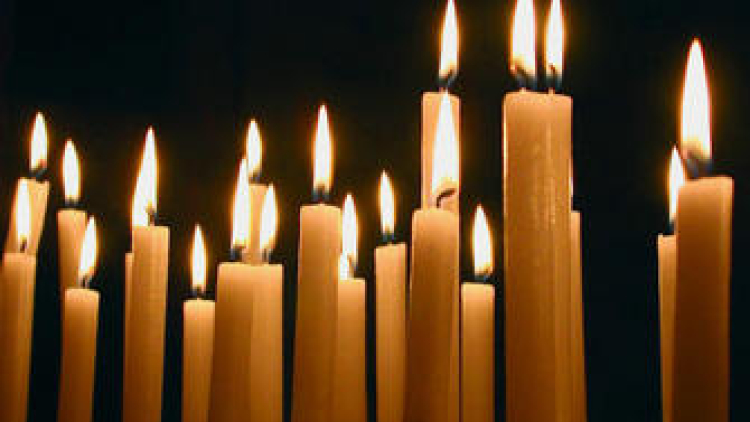CHRISTIANITY | Holy Week. Do all Christian traditions celebrate it the same way? No!
Holy Week is one of the Catholic celebrations that govern our holiday calendar. The dates are determined by the lunar calendar (as instructed in the Bible): the first Sunday after the full moon following the start of spring in the northern hemisphere is Easter Sunday (or Resurrection Sunday), making the previous Sunday Palm Sunday. Every day during Easter week is holy. Catholics especially celebrate Maundy Thursday, in memory of the last supper, and Good Friday, the day of Jesus’s crucifixion. Besides the liturgical celebrations, there are also several cultural traditions such as palm blessings and cofraternity processions. Barcelona’s processions include: El Crist de la Bona Mort, la Pontificia y Real Hermandad y Cofradía de Nazarenos de Nuestro Padre Jesús del Gran Poder y María Santísima de la Esperanza Macarena de Barcelona, and Hermandad de Nuestra Señora de las Angustias.
The most important event for evangelical churches during Holy Week is the cult of the resurrection (Easter Sunday), when many churches hold a special celebration to commemorate Christ and his resurrection. This expression of Christ's resurrection accompanies these congregants every day of the year, which is why evangelical crosses do not bear the figure of Christ on them.
For orthodox churches, Easter (or Easter Sunday) is the most important celebration of the year. All orthodox churches celebrate it according to the Julian calendar, in contrast to the world's other churches, which follow the Gregorian calendar. They celebrate the Divine Liturgy on Maundy Thursday and Good Friday, and they perform vespers [evening prayers] and matins [morning prayers] on Easter Saturday. Processions are usually held on Easter Sunday, with congregants bearing a copy of the Gospel, the icon of the Resurrection and candles.
One of the most important celebrations for Jehovah's Witnesses is the death of Jesus, which is on 14 of Nissan (the lunar biblical calendar). Jehovah's Witnesses do not consider the days of the death and resurrection of Jesus to be holy. They do not celebrate the resurrection, as their interpretation of the Bible is that Jesus commanded that his death be celebrated and not his resurrection.
The Seventh Day Adventist Church uses Holy Week to remember the episodes and lessons from the last week of Jesus’ life leading up to his crucifixion. They hold no special celebrations, their churches’ congregants devoting their time to reading and reflection on the Word of God on this essential subject as part of their usual Saturday worship.
Followers of the Church of Jesus Christ and the Latter Day Saints, known as Mormons, do recognise Holy Week (according to the Gregorian calendar), but they do not hold any special celebrations. In their church meetinghouses, congregants spend their time reading and reflecting on the last days of Jesus’s life, placing special emphasis on the day of the Resurrection.
If you would like to find out more, check out “Celebrate! Rituals, cultures, and religions of the world”(Catalan).

